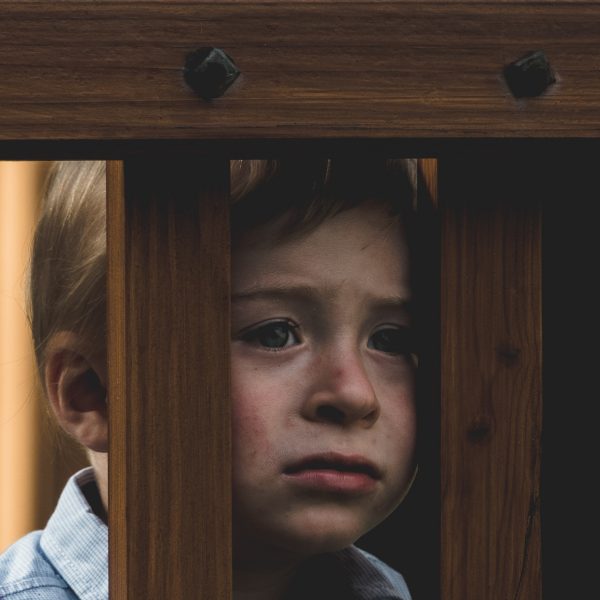Verbal abuse is just as damaging as physical and sexual abuse, new study finds

Childhood verbal abuse can be equally, if not more damaging, as sexual abuse, physical abuse, neglect and other forms of child maltreatment, a new study from Wingate University and University College London notes, calling for the verbal abuse of children to be classed as an individual category of child abuse.
The study was commissioned by Words Matter, a newly established charity with a clear mandate: to enhance children’s overall health and well-being by curtailing verbal abuse by adults in their lives.
Verbal abuse, as delineated in the study, consists of behaviours such as belittling, shouting, and threatening language towards children, and researchers say there is “a noticeable void” in acknowledging childhood verbal abuse by adults as a distinct maltreatment category.
The main perpetrators of childhood verbal abuse were parents, other adult caregivers in the home, and teachers, however, other adults noted were coaches and law enforcement were also included.
While shouting and screaming were the most documented characteristics of verbal abuse, it is the underlying emotional and psychological repercussions on children that are of paramount concern. The research emphasises that definitions should not only consider the words used but also the intent, delivery, and the immediate impact on children.
The study delineated a host of adverse outcomes stemming from childhood verbal abuse, from emotional turmoil like anger and depression to externalising symptoms such as substance abuse, self-harm tendencies, and even physical consequences like obesity. However, there’s a pressing need for consistent research targeting specific age groups to further understand the effects.
The study, published in the October issue of Child Abuse & Neglect: The International Journal, underscores the imperative to identify childhood verbal abuse as a standalone subtype of child maltreatment, ensuring targeted prevention and addressing the lasting harm it can inflict.
Presently, child maltreatment is classified into four subtypes: physical abuse, sexual abuse, emotional abuse, and neglect. These classifications guide the creation of interventions and the monitoring of affected populations. However, the study pinpoints that the emotional abuse category, which encompasses verbal abuse, remains ambiguous in its definition. As a result, specific assessment methods and directed interventions are insufficient.
Physical and sexual abuse rates of children are declining, according to the World Health Organisation, suggesting that extensive prevention and awareness campaigns over the years have effectively reduced these forms of abuse. However, emotional abuse, which is currently inclusive of verbal abuse, is on the rise, and is now “topping the charts” as the most prevalent form of child maltreatment.
An important insight from the paper is the framing of terminology. While “emotional abuse” centers on the victim, the term “childhood verbal abuse” zeroes in on the adult’s actions – a vital starting point for prevention. In numerous cultural contexts, verbal abuse is often dismissed as ‘discipline’, offering it a degree of social sanction.
Learn more about Words Matter here. The study is available to review in full here.
Popular

Workforce
Policy
Quality
Practice
Provider
Research
ECEC must change now, our children can’t wait for another inquiry
2025-07-02 07:47:14
by Fiona Alston

Practice
Provider
Quality
Workforce
Leading with Curiosity: How distributed leadership is redefining the future of early childhood education
2025-07-03 07:42:07
by Contributed Content

Events News
Workforce
Marketplace
Practice
Quality
Provider
Research
An exclusive “Fireside Chat” with ECEC Champion Myra Geddes
2025-07-01 11:25:05
by Fiona Alston











